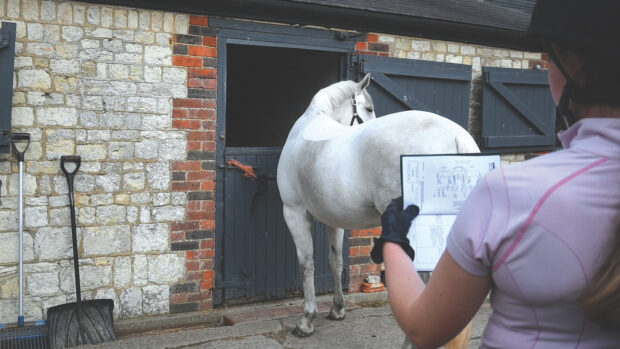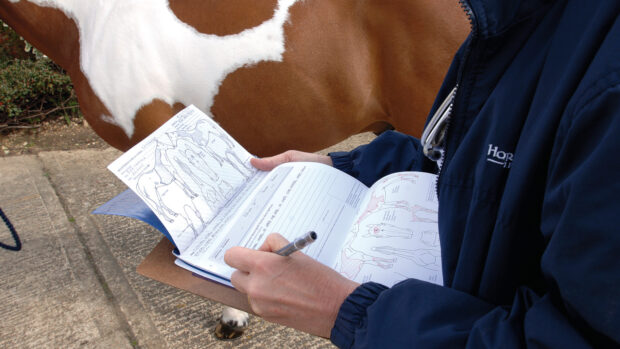Stricter enforcement of passports, transport regulations and a halt to the trade in low-value animals are the only ways to stop exotic diseases infecting the British equine population, say leading vets, scientists and animal welfare experts.
This week, Defra confirmed to H&H that the horse destroyed after testing positive for equine infectious anaemia (EIA or swamp fever) in Devon had the disease before it was imported from Belgium in 2008.
But beyond that a Defra spokesman said the horse’s history is “unreliable”, because the Belgian organisation that issued its passport has been struck off for “irregularities”.
“Belgian authorities are investigating,” said the Defra spokesman, “but the horse may have originated from Romania.”
While the news is what most have expected, experts say confirmation that a horse that was infected, but not showing signs, has been in the country for two years is “another wake-up call”.
Professor Tim Morris, director of welfare at the British Horseracing Association and current chairman of the British Horse Industry Confederation, said it is a “huge concern”.
“It is normal for a horse with EIA to be perfectly healthy for some time,” he said. “So who knows whether it’s spread over that time.”
He said the chance that other horses infected with EIA are in Britain cannot be ruled out.
“Inappropriate health controls have been happening for some time,” he said. “We need to close the door to free movement — and there needs to be better enforcement of regulations.”
Animal Health Trust disease expert Richard Newton said the case can be “put into a measured perspective” by understanding that transmission from “subclinical cases” is relatively difficult.
But he too said screening for diseases needs to be improved, especially in European imports.
“The low-value animal trade is a particular Achilles heel for us,” he added.
Stopping the spread of disease was the core message at World Horse Welfare’s annual conference in London two weeks ago.
Chief executive Roly Owers told H&H that the trade in low-value animals in Britain is increasing.
“While people continue to buy these horses, the dealers will keep bringing them in,” he said.
“And if they come through France [under the Tripartite Agreement], we don’t have a clue where they’ve come from.”
Inadequate and forged passports are also to blame, said Wrexham Borough Council animal health and welfare officer Graham Capper.
Speaking at the World Horse Welfare conference, he said nearly a quarter of horses on vehicles stopped at ports in North Wales between 2008 and 2009 did not have passports.
Out of around 400 horses, 100 had no passport, 32 were registered to the wrong owner and 341 passports showed no record of what drugs the horse had been given, nor whether the horse was signed in or out of the food chain.
“The whole issue of passports is in disarray,” he said. “We are losing the history of these horses.”
Two horses on the yard where the EIA-infected horse was put down in Devon, and two donkeys on neighbouring premises, remain under surveillance. All will be retested next month.
Horses at the yard in Northumberland where a horse with EIA was destroyed on 7 September will be retested early in December before movement restrictions can be lifted.
A Defra spokesman said there were no plans to tighten the Tripartite Agreement, allowing free movement of horses between Ireland, Britain and France, but added: “We have increased post-import surveillance on consignments of more than four horses from the Continent.”
This article was first published in the current issue of Horse & Hound, 25 November ’10



